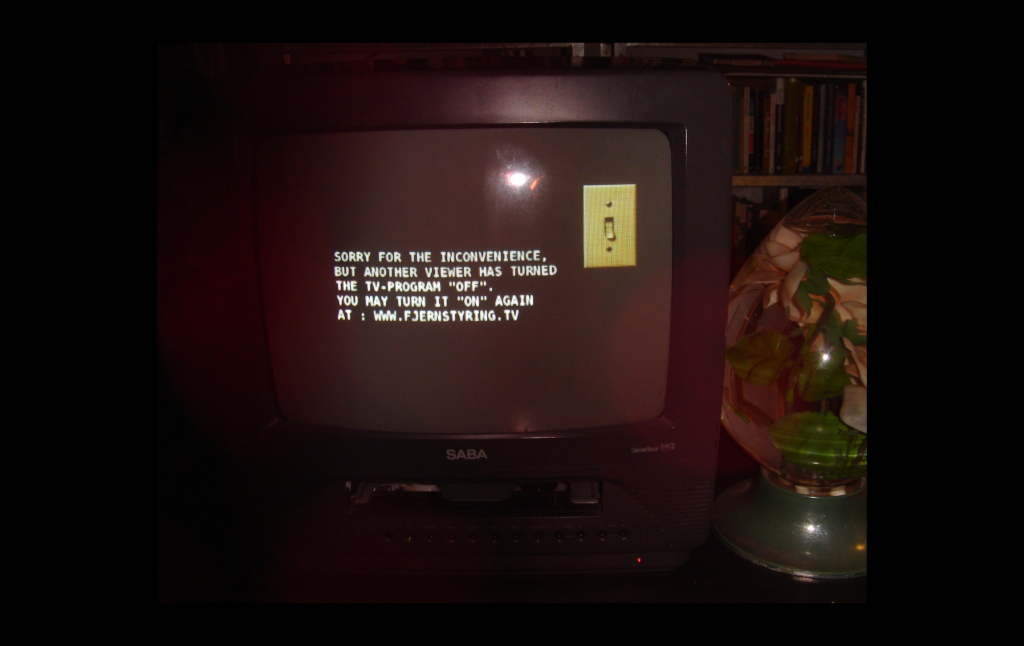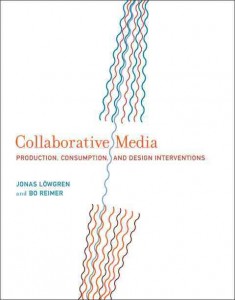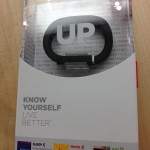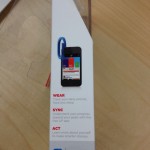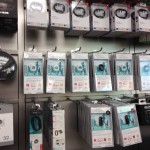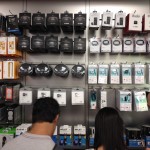Linda Hilfling presentation
Linda Hilfling, the new K3 PhD candidate in Interaction Design, has for several years been a practicing artist and discussed several of her past projects. This included Misspelling Generator, a browser extension that works with the spellchecking functionality in Google Search to suggest alternative spellings of words that might help users to get to otherwise censored search results. For example, in the case of someone searching for “Tiananmen Square” within China, the iconic and most searched for images of the protests on the square would be withheld from any user carrying out this search within China. With the browser extension installed, however, the user will be prompted with misspellings of Tiananmen Square – replacing Google’s default “Did you mean” prompt with a “Have you tried” message that offers several misspellings that will get around the censored search results that a correctly spelled search request would yield. One might call this a kind of “accidental activism.”
Bo Reimer & Jonas Löwgren, ‘Collaborative Media’
Moderator: Mads Høbye, PhD Candidate in Interaction Design
Introductory text
With many new forms of digital media — including such popular social media as Facebook, Twitter, and Flickr — the people formerly known as the audience no longer only consume but also produce and even design media. Jonas Löwgren (Professor of Interaction Design) and Bo Reimer (Professor of Media and Communications Studies) term this phenomenon collaborative media, and in their book they investigate the qualities and characteristics of these forms of media in terms of what they enable people to do. They do so through an interdisciplinary research approach that combines the social sciences and humanities traditions of empirical and theoretical work with practice-based, design-oriented interventions.
Löwgren and Reimer offer analysis and a series of illuminating case studies — examples of projects in collaborative media that range from small multidisciplinary research experiments to commercial projects used by millions of people. Löwgren and Reimer discuss the case studies at three levels of analysis: society and the role of collaborative media in societal change; institutions and the relationship of collaborative media with established media structures; and tribes, the nurturing of small communities within a large technical infrastructure. They conclude by advocating an interventionist turn within social analysis and media design.
Continue reading
Open Seminar on Materiality
PRESENTATIONS OF COLLECTED READINGS & THINGS ON MATERIALITY
Berndt Clavier
reading: Foucault, Michel, Mauro Bertani, Alessandro Fontana, François Ewald, and David Macey. Society Must Be Defended: Lectures at the Collège De France, 1975-76. New York: Picador, 2003.
thing: photos of fitness wristband advertising
How material objects have become better than people at displaying truths. Foucault’s series of lectures as a good starting point on this: how materiality enters into the category of political thought and ontology at the same time that nations discover they are people, English state composed of two people: the ruler and the people, from here discourse of race arises, transforms political discourse from universality to a materiality of the local from now on.
The modern concept that if you know who you are you can make the right decisions. The popularity self is materialised in the technologies of the self, such as the contemporary wristband that measures the number of steps and heartbeat, or the vibrator that measure your orgasm. The desire to know whether you have had the “right” orgasm, the “proper” amount of physical exercise, etc.
images: wristband that tracks who you are, etc.
- Berndt Clavier, “know yourself”
- Berndt Clavier, “know yourself”
- Berndt Clavier, “know yourself”
- Berndt Clavier, “know yourself”

